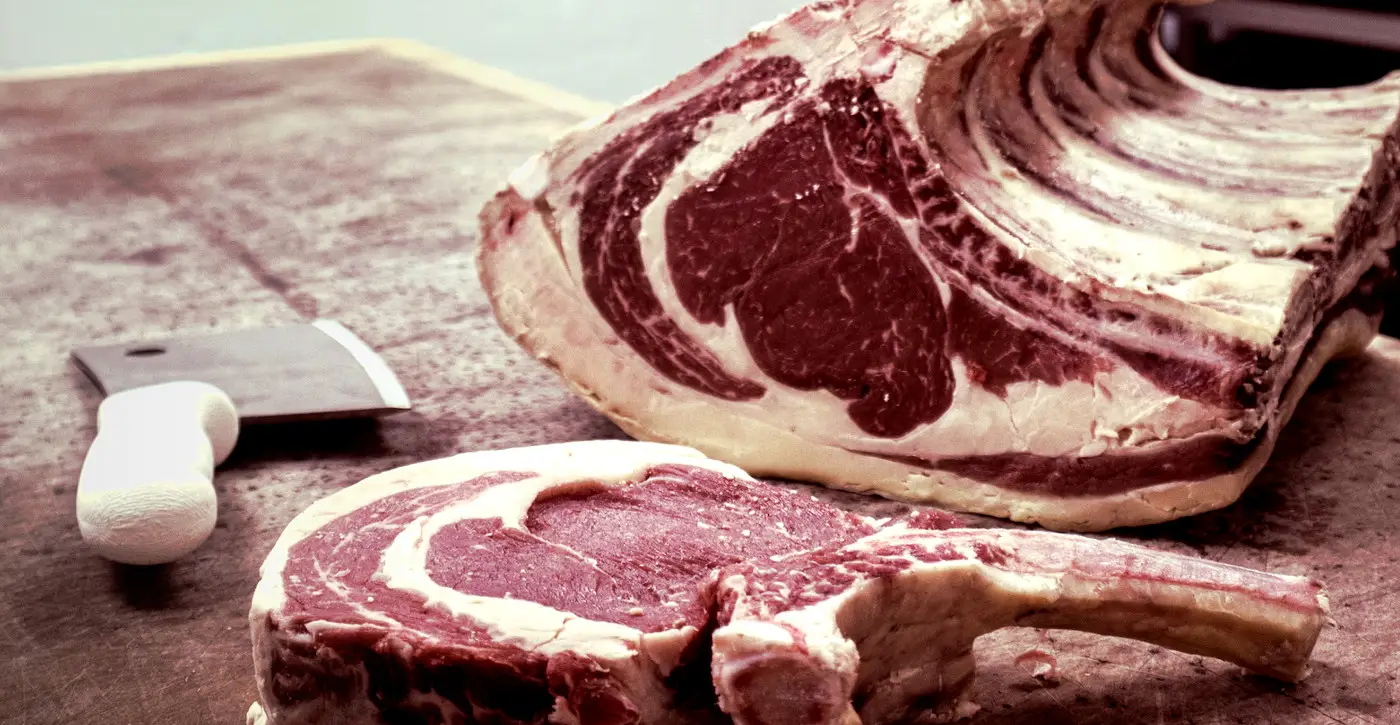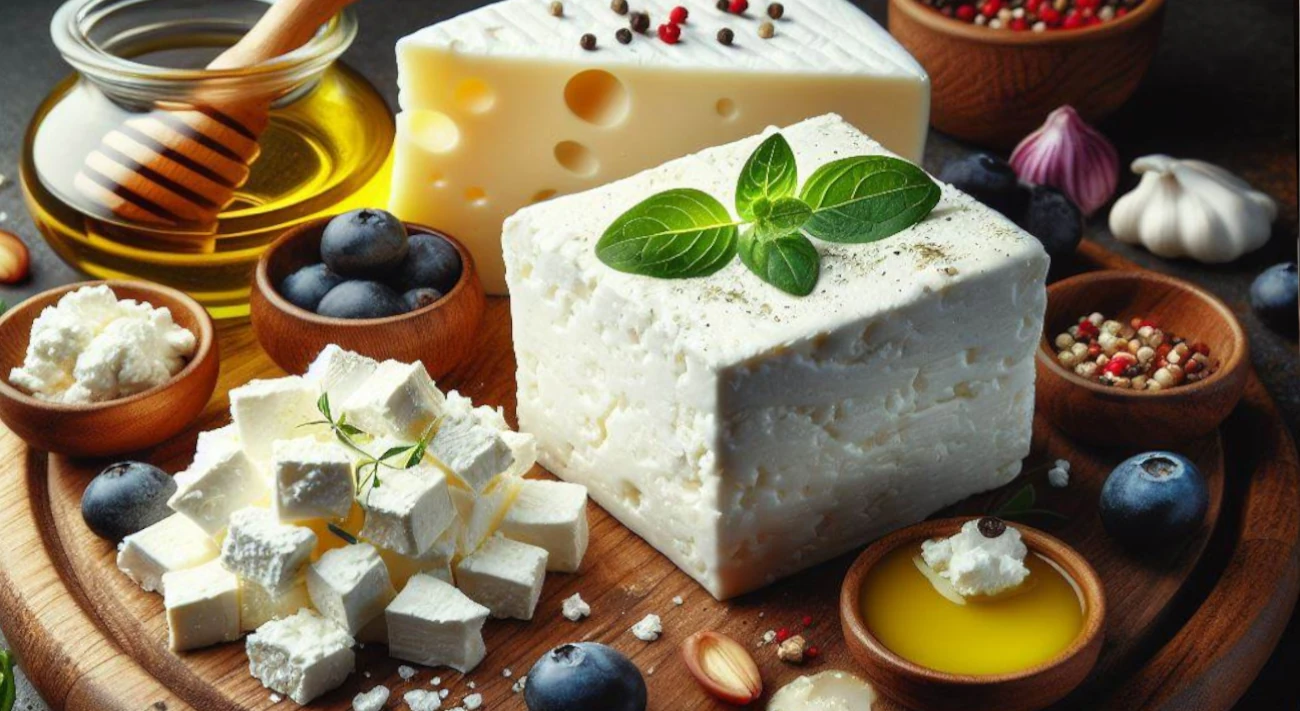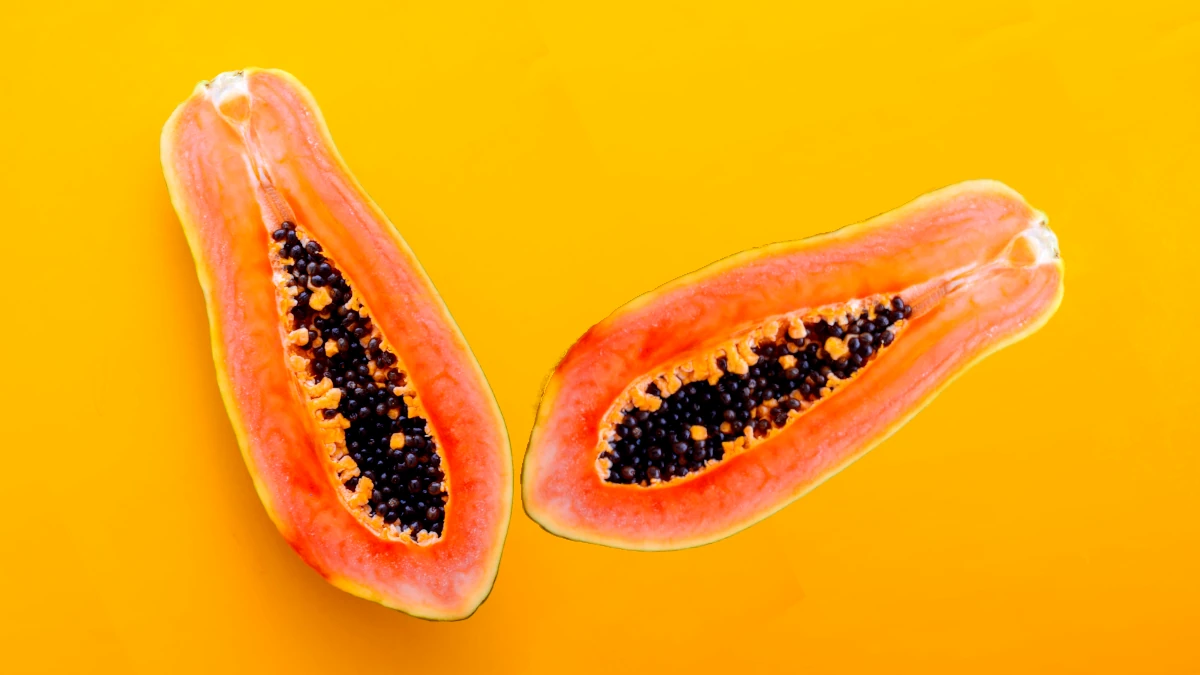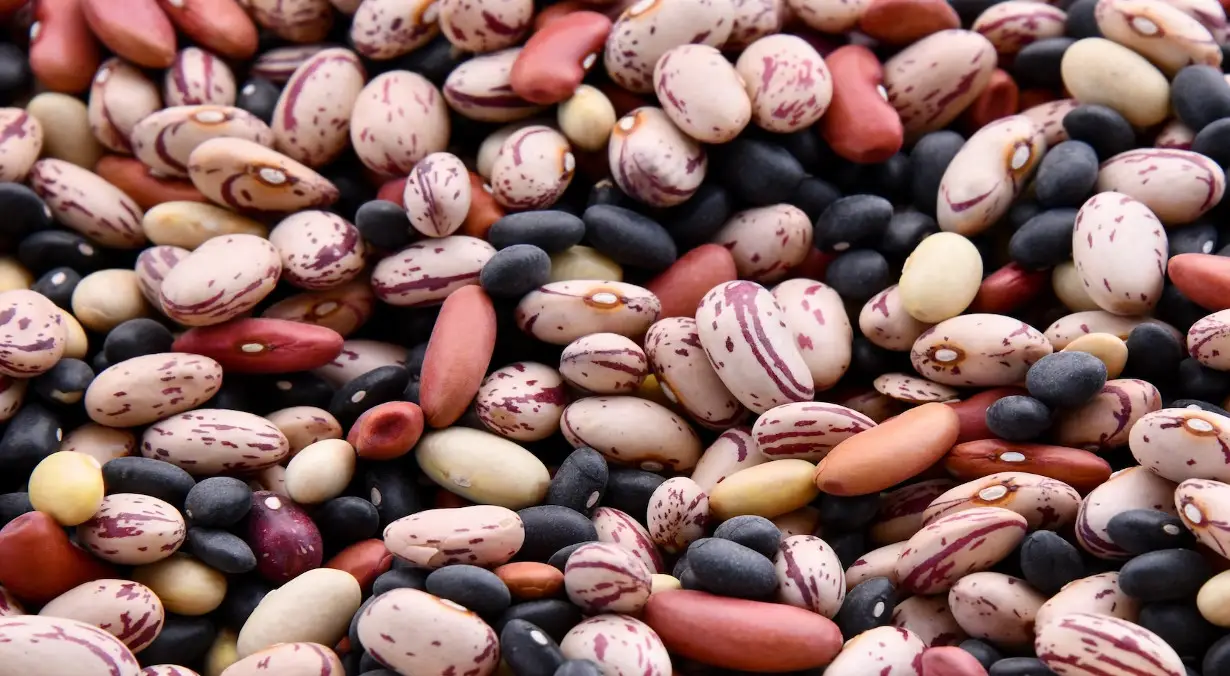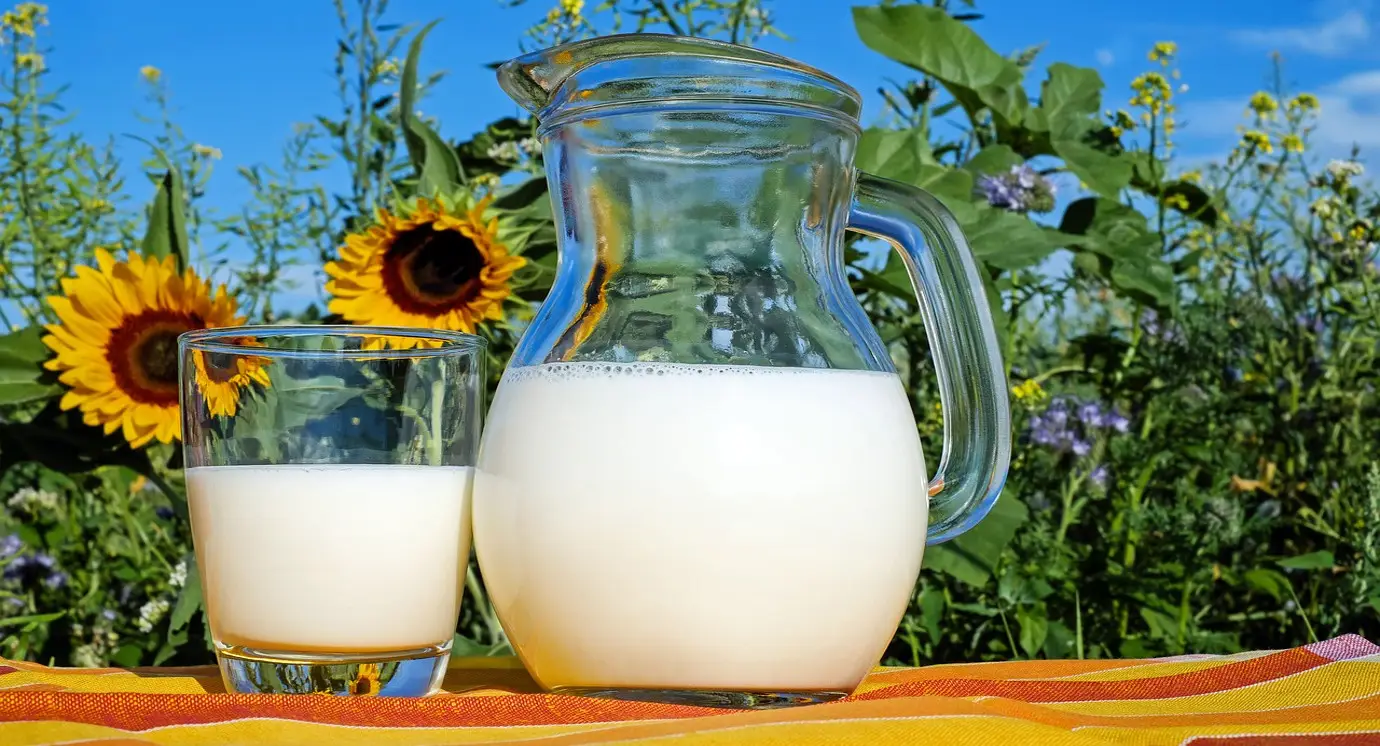Coconut Oil Lysine and Arginine Info Sheet
Overview
Coconut oil is a solid fat extracted from the flesh of coconuts, a fruit of the coconut palm.It is used for cooking, baking, skin care, and hair care.
Coconut oil is high in saturated fat, which can raise the level of cholesterol in the blood.
However, coconut oil also contains medium-chain triglycerides (MCTs), which can be metabolized quickly and provide energy.
Coconut oil also has antimicrobial, antifungal, and antibacterial properties.
| Name | Lysine (mg/100g) | Arginine (mg/100g) | Ratio |
|---|---|---|---|
| Coconut Oil | 0mg | 0mg | 1 |
Coconut Oil contains 0mg of Lysine and 0mg of Arginine per 100g of product.
This means Coconut Oil has a neutral Lysine-Arginine ratio of 1.
Because Coconut Oil has a neutral ratio of lysine and arginine, it does not have a significant impact on people who suffer from herpes, as it does not affect the viral activity.
Lysine Considerations
Coconut oil does not contain any lysine, which is an essential amino acid that the body cannot produce.
Lysine is important for protein synthesis, collagen formation, and immune function.
Amino acids are found in protein-rich foods, but not in oil.
Lysine has the potential to prevent or treat cold sores, which are blisters caused by the HSV-1 virus, also known as herpes.
Lysine operates by inhibitnig the proliferation of HSV-1, which relies on another amino acid, arginine, to reproduce and infect cells.
Lysine can only be acquired through our diet, and is present in a variety of high-protein foods such as eggs, milk and cheese, fish, meat and poultry.
Arginine Considerations
Coconut oil does not contain any arginine, which is a semi-essential amino acid that the body can produce in limited amounts.
Arginine is important for nitric oxide production, blood vessel dilation, and wound healing.
Arginine has a variety of functions in the body, including wound healing, helping the kidneys remove waste products from the body, and maintaining immune and hormone function.
Arginine also plays a role in the replication of the herpes virus, making it a key factor in cold sore outbreaks.
The herpes virus requires arginine to grow, replicate, and create new herpes viruses.
Foods rich in arginine, such as nuts and chocolate, may increase the frequency and severity of these outbreaks.
Lysine-Arginine Ratio
Coconut oil does not contain amino-acids and thus has a neutral lysine-arginine ratio.
This means it does not affect the lysine-arginine balance in your diet and has no implications on the herpes simplex virus (HSV) in the body.
That said, olive oil may have other benefits for HSV prevention or treatment,such as antimicrobial, antifungal, and antibacterial properties.
Both lysine and arginine are essential for protein synthesis and various other bodily functions.
They, however, have opposing effects on the herpes simplex virus, which causes cold sores and genital herpes.
Lysine can stunt the replication of the virus, whereas arginine can stimulate it.
Thus, a diet rich in foods with a high lysine to arginine ratio may help reduce the occurrence and severity of herpes flare-ups.
Foods that have a high lysine-arginine ratio include dairy products, fish, poultry, fruits, and vegetables.
These foods can provide the body with enough lysine to compete with arginine and inhibit the virus from replicating and causing symptoms.
Dietary Considerations
Fats and oils are a type of macronutrient that provide energy and help absorb fat-soluble vitamins.
Cooking oils have no protein and therefore are neutral for lysine and arginine.
Some types of vegetable oils can be healthier to include in your diet, as they can lower cholesterol and inflammation.
Some examples of healthy cooking oils are olive oil, canola oil, and sunflower oil.
Butter and margarine have low amounts of lysine and arginine, but they are not as healthy as cooking oils.
Butter and margarine can increase the risk of cardiovascular diseases and obesity.
Oil is a fat extracted by plants that is in a liquid state at room temperature.
It is used in cooking for frying, baking, and as a dressing or marinade.
Some oils, such as olive oil, coconut oil, and avocado oil are high in healthy fats and can be beneficial for heart health.
Oils have negligible amounts of lysine and arginine and can be used freely in a diet for people with herpes.
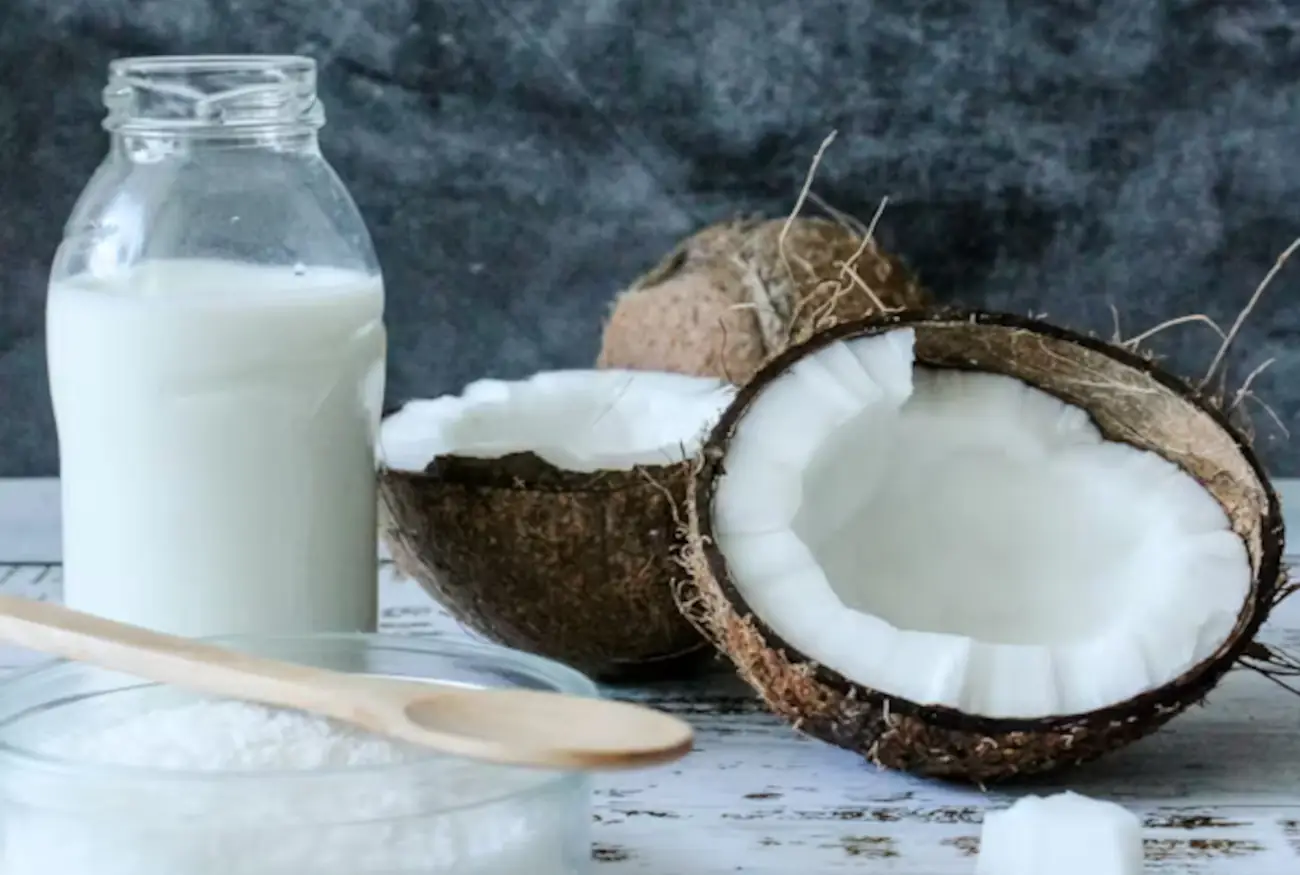
For instance:
Avoid alcoholic beverages and caffeine which can overstimulate your body, leave you dehydrated, and compromise your immune system.Consider taking l-lysine supplements, which can help prevent herpes outbreaks and stop a cold sore before it emerges by limiting the availability of arginine for the virus, which it requires to produce a cold sore.
Other food supplements, such as vitamin C, zinc, selenium, and antioxidants, can help you boost your immunity and protect your cells from oxidative stress.
Avoiding foods that can cause allergic reactions or sensitivities, such as gluten, dairy, nuts, eggs, or shellfish.
These foods can trigger inflammation and weaken your immune system, making you more susceptible to outbreaks.
Pain, swelling, and itching can be reduced by eating foods that have anti-inflammatory, antiviral, and antibacterial properties, such as honey, yogurt, aloe vera, and chamomile.
These foods can also help you heal faster by promoting tissue repair.
Check more food information

